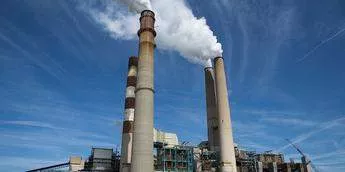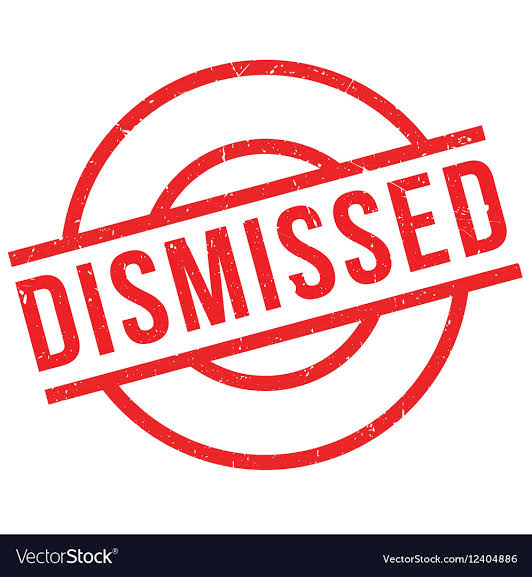US, Russia, China, France, and South Korea compete to build Ghana’s first nuclear power plant

The United States and Russia are competing with China, France, and South Korea to build the first nuclear power plant in Ghana.
Ghana is considering companies from the US, Russia, China, France, and South Korea to build its first nuclear power plant
Ghana aims to expand access to electricity by adding nuclear power as a low-carbon energy source.
Several other African countries, including Burkina Faso, Uganda, Kenya, Morocco, and Namibia, are also working on integrating nuclear energy into their power grids
Ghana will choose a company by December to build its first nuclear power plant, with contenders including France’s EDF, U.S.-based NuScale Power and Regnum Technology Group, and China National Nuclear Corporation, Reuters reported.
South Korea’s Kepco and its subsidiary Korea Hydro Nuclear Power Corporation, along with Russia’s ROSATOM, are also vying for the contract, said Robert Sogbadji, Deputy Director for Power in charge of Nuclear and Alternative Energy.
“Cabinet will approve the final choice. It can be one vendor or two nations; it will depend on the financial model and the technical details,” Sogbadji said.
Ghana started the construction of a nuclear power plant in the 1960s, but the process was derailed by a coup. The plan was revived in 2006 with assistance from the International Atomic Energy Agency, following a devastating power crisis that year.
Nuclear plants in Africa
Ghana is among several West African nations turning to nuclear power as a low-carbon energy source to expand access to electricity on a continent where over 600 million people still lack it.
Burkina Faso and Uganda have both signed agreements with Russia and China to construct their first nuclear power plants, while Kenya, Morocco, and Namibia are also working to integrate nuclear energy into their power grids.
South Africa, which operates the continent’s only nuclear plant, is planning to add 2,500 megawatts (MW) of power from nuclear energy to address severe power shortages. Sogbadji stated that Ghana aims to add about 1,000 MW of nuclear power to its electricity mix by 2034.
Currently, Ghana is faced with power outages and has an installed capacity of 5,454 MW, of which 4,483 MW is available, according to its energy regulator.





